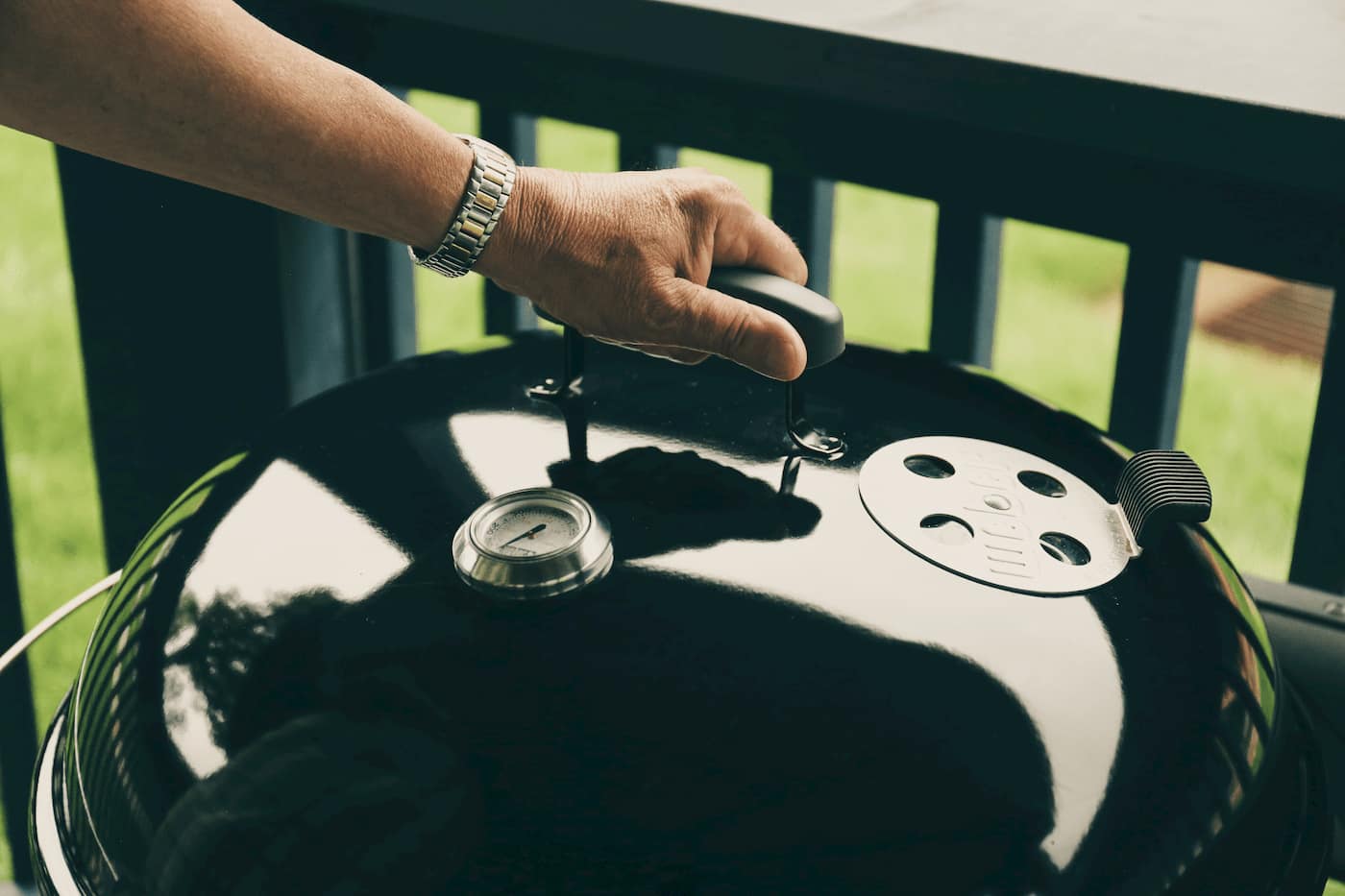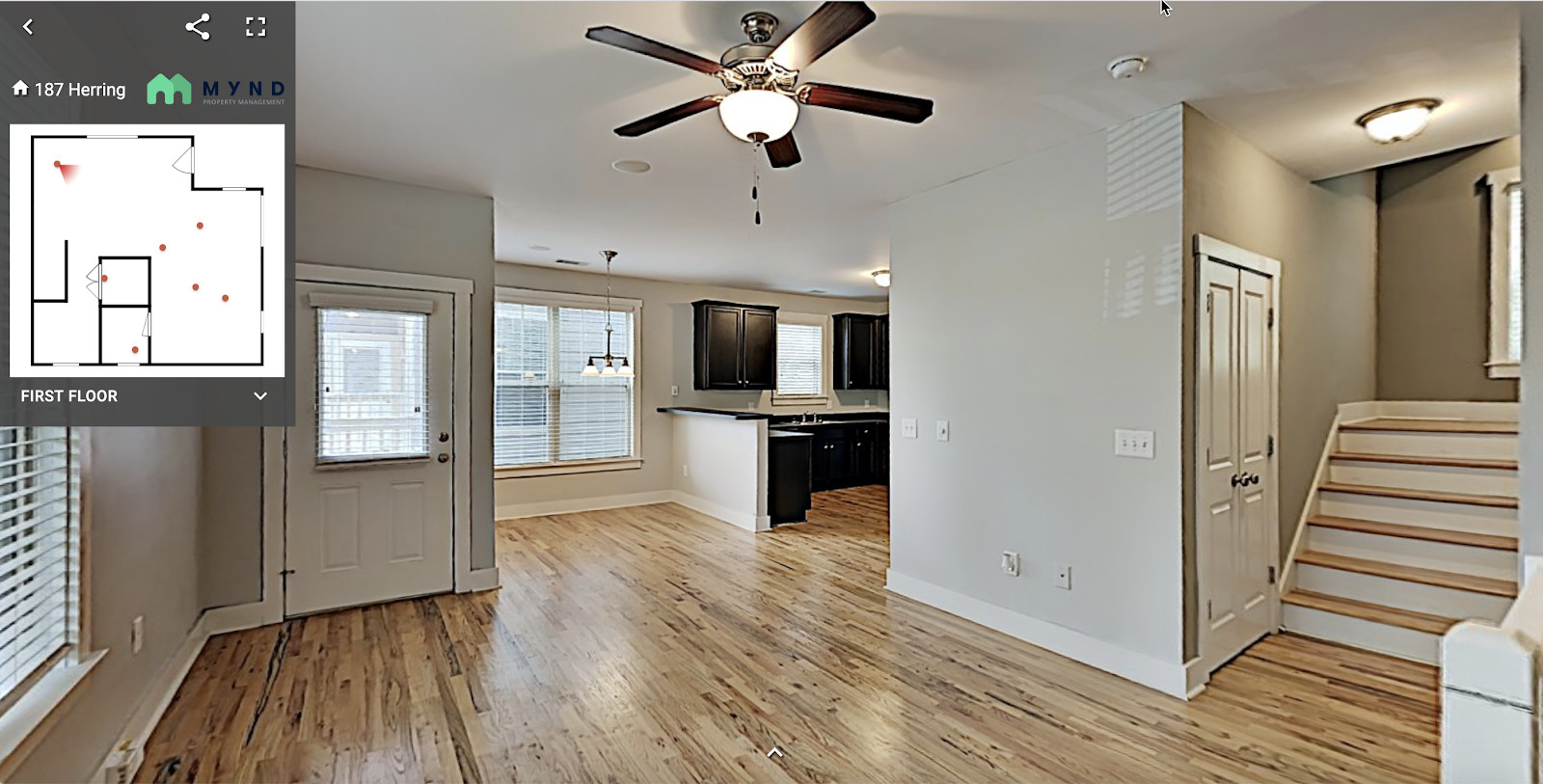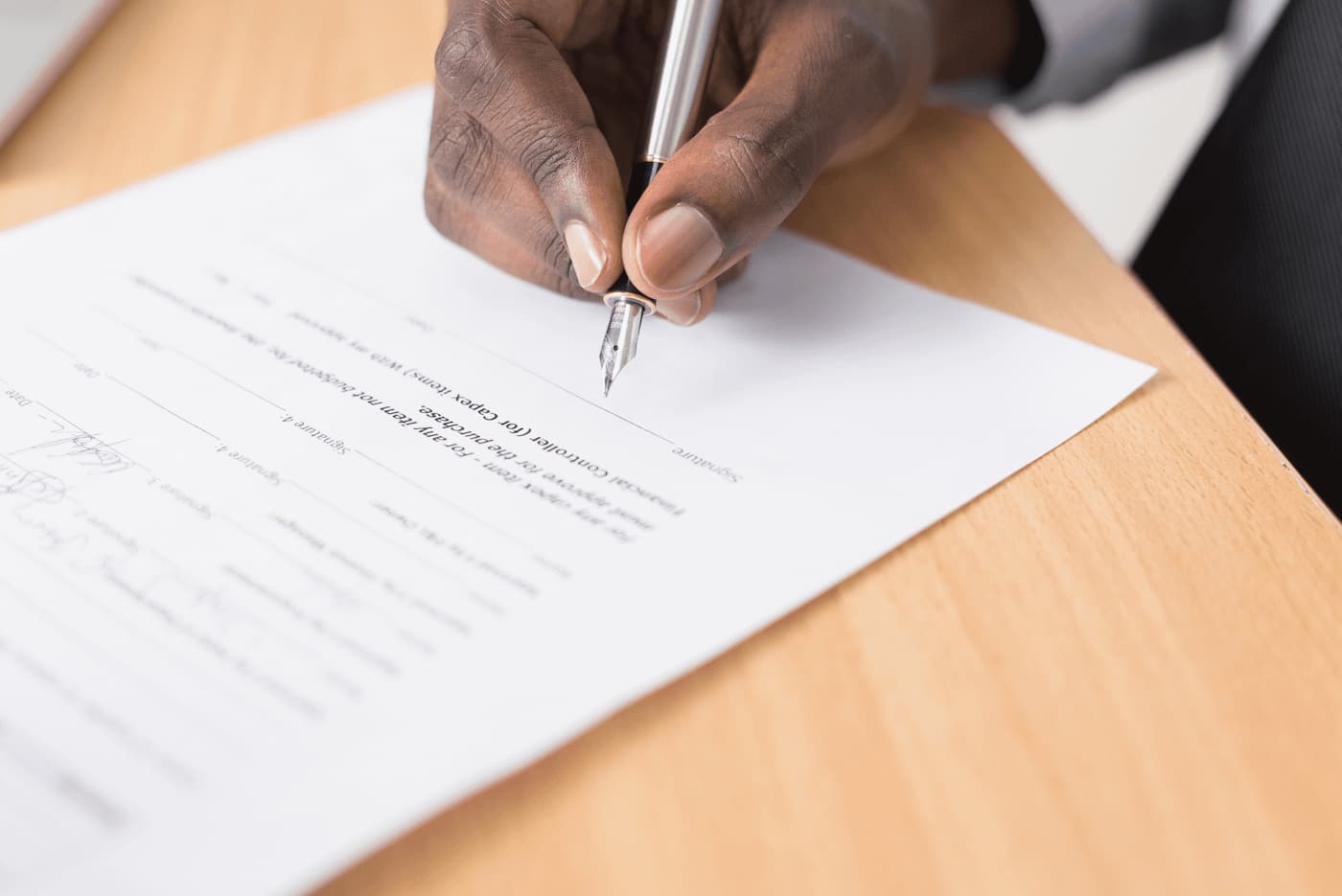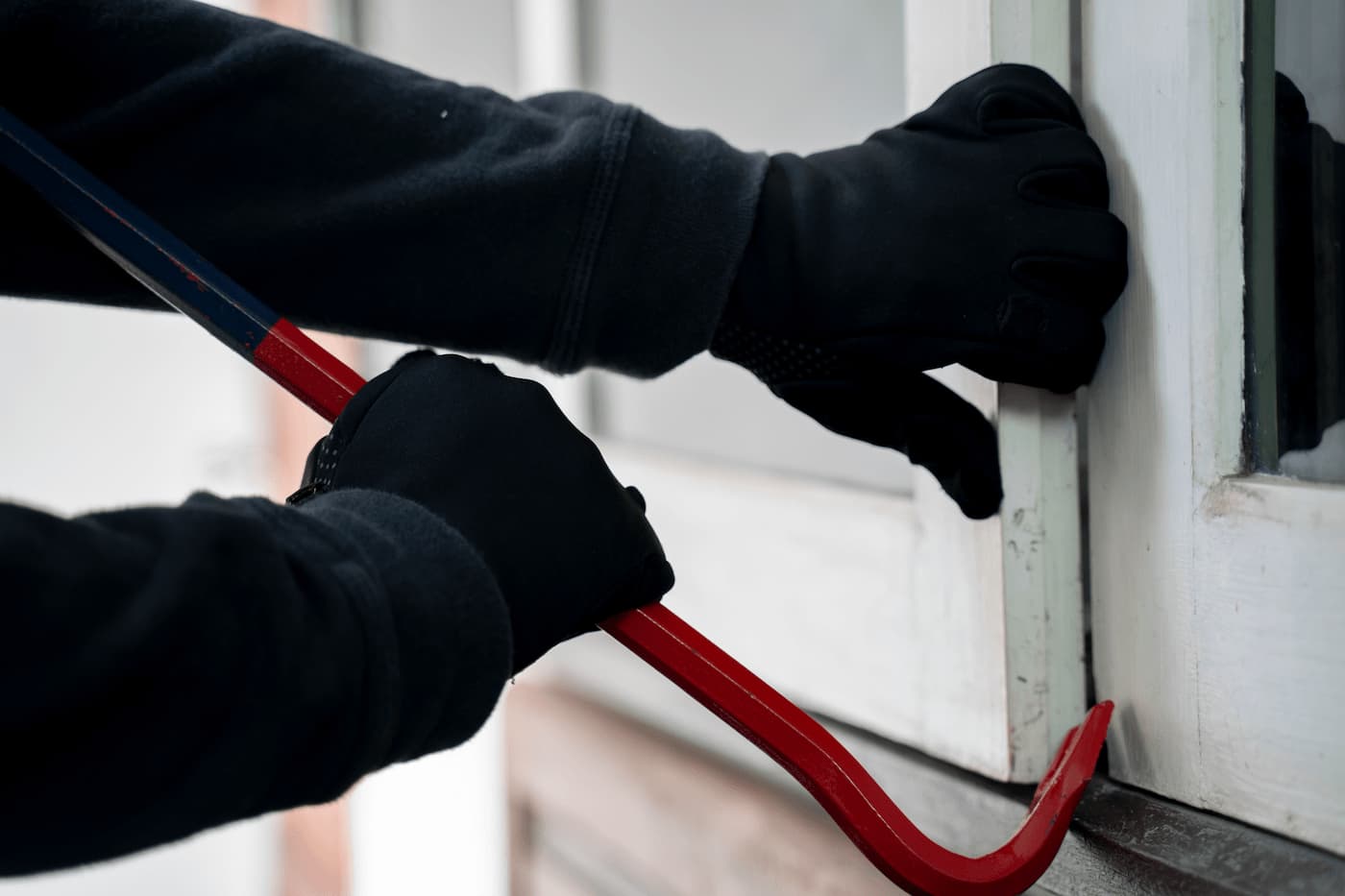According to a recent report from the National Fire Protection Agency (NFPA), house fires cause over $1 billion of property damage and over 500 deaths per year.
There are important steps property owners or managers can take to prevent fires.
What can property owners do to prevent fire?
1. Obey local fire codes
Following local fire codes and ordinances will help avoid fines, keep residents safe, and likely avoid violating the terms of insurance policies. Laws governing the number of smoke detectors an owner is supposed to install vary from municipality to municipality.
2. Establish house rules
Owners should write a set of fire safety rules and distribute them to residents.
3. Conduct regular fire safety checks
These periodic inspections should ensure a working smoke alarm and carbon monoxide alarm. They also provide an excellent opportunity to inspect the property in general.
Check local regulations to see if fire alarms are required in every room. Consider having a smoke detector/carbon monoxide detector in every room, and a fire alarm system where the detectors in every room go off if any one goes off.
Smoke detectors should not be more than a decade old. Other than alarms that run on lithium batteries, hardwired detectors have batteries that also need to be replaced every six months.
Owners can leave replacing batteries to residents, and remind to do it when it’s Daylight Savings Time (unless they live in Arizona, where there is no Daylights Savings Time). However, it may be best for owners to conduct these tests themselves.
4. Provide fire extinguishers
Every property should be supplied with fire extinguishers. Fire extinguishers should be replaced every 12 years.
5. Consider a fire blanket
Fire blankets are made out of fire retardant material. They are placed over fires to smother them. They’re particularly useful for small to medium kitchen fires, and can be more useful for those who aren't experienced using fire extinguishers.
They should not, however, be used to extinguish an oil/fat fire (like one caused by a deep-fryer) since they may end up covered in burning oil.
6. Consider a smoking ban
Smoking is a serious fire risk. Owners have the right to prohibit smoking inside or outside their property. This prohibition must appear in the lease.
7. Grilling rules
Property owners have the right to prohibit grilling. Like a smoking ban, the ban must be in the lease agreement. If owners choose to allow grilling, they should explain grilling best practices and fire risk assessment to residents:
- Don't grill too close to home.
- Don't grill on balconies.
- Don't leave grills unattended.
- Make sure grills are properly turned off after use.
- Go over gas safety.
8. Post an escape plan
An escape plan should be clearly explained and posted, and it should include emergency numbers and contact information. Owners should also provide natural disaster evacuation routes, as well as tips on how to behave in the event of a fire:
- Call 911 immediately.
- Stay low to the ground to avoid smoke inhalation.
- Test doors with the back of your hands to avoid being burned.
- Do not spend time saving personal belongings.
- If sheltering from a fire, stuff wet towels under doors to prevent smoke from entering a room.
9. Require residents to carry insurance
Renters’ insurance costs only a couple of hundred dollars a year, and it can help policyholders cover the cost of replacing personal items in the event of a fire.
10. Encourage residents to report issues
A resident isn't guaranteed to report an issue, which can be dangerous if it's a fire hazard, water leak, etc. Fostering a positive relationship with residents and responding to complaints quickly and effectively will encourage them to report issues.
11. Repairs
Owners should promptly repair and clean structural components such as fireplaces, chimneys, electrical cables, and plumbing systems. They should also consider making fixes to or replacing their HVAC system (heating, ventilation, and air conditioning), which, if left unattended, can overheat and result in a fire.
12. Fireproof landscaping
Owners should be sure to follow fire prevention best practices for landscaping. That includes seasonal maintenance.
- There should be no brush, debris, overgrowth, or tree branches near a home that could catch fire.
- Grass must be no greater than four inches within a perimeter of 100 feet of the property.
- Roofs and gutters must be kept clean.
- A distance should be kept between things that can catch fire: trees, shrubs, patio furniture, woodpiles, etc.
- Dead trees, shrubs, etc. should be promptly removed.
13. Inspect kitchen appliances
Regular fire safety checks should include both a gas safety check and an electrical safety check. Every electrical appliance, including the microwave, should be inspected. Vents should be checked for dust, pet hair, and other debris.
Faulty wiring is the cause of many fires, so owners should be on the lookout for that when conducting fire safety assessments.
14. Install sprinklers
Residential sprinklers can contain and put out a fire in less time than it might take for the fire department to get there.
When combined with smoke alarms, sprinklers decrease home fire death rates by 90 percent. Since 2009, more municipalities have been requiring single-family and two-family homes to have fire sprinklers, so property owners should check local ordinances.
15. Clear hallways and exits
It’s the responsibility of the owner or property manager to keep entrances, exits, hallways, and shared spaces free of obstructions and accessible.
16. Document
To reduce legal liability, owners should keep track of everything they do to reduce the likelihood of fire.
What residents can do to prevent fires
Property owners can put together a list of fire prevention measures residents should follow.
The list can be broken down into three categories:
1. General fire safety
- Use surge protectors.
- Don’t overload circuits or extension cords.
- Replace frayed or cracked electrical cords.
- Don’t run cords under rugs or between rooms.
- Don’t put space heaters near flammable items like drapes or bedding.
- Turn off space heaters when leaving the room or sleeping.
- Don’t smoke in bed or leave cigarettes unattended.
- Keep lighters and matches away from children.
- Don’t store flammable materials like gasoline cans or propane tanks in your home.
- Make sure Christmas trees and decorations aren’t near exits or heating sources.
- Plug major appliances right into the outlet.
- Keep fire exits clear.
2. Kitchen fire safety
- Don't leave food unattended on the stovetop.
- Keep potholders and towels away from flames.
- Avoid loose-fitting sleeves while cooking.
- Turn any cooking appliances off after using them.
- Keep a fire extinguisher in the kitchen.
- Know how to use fire safety equipment like extinguishers and blankets.
3. Laundry room fire safety
- Dryers should be installed or at least serviced by a professional.
- No dryer should be used without a lint filter.
- Lint filters should be kept clean.
- Appliances should be connected properly.
- No dryer should run while residents are away from the house or sleeping.
Bottom line on fire prevention
Taking as many fire precautions as possible will decrease the likelihood of injury, property damage, or even death caused by fire.





